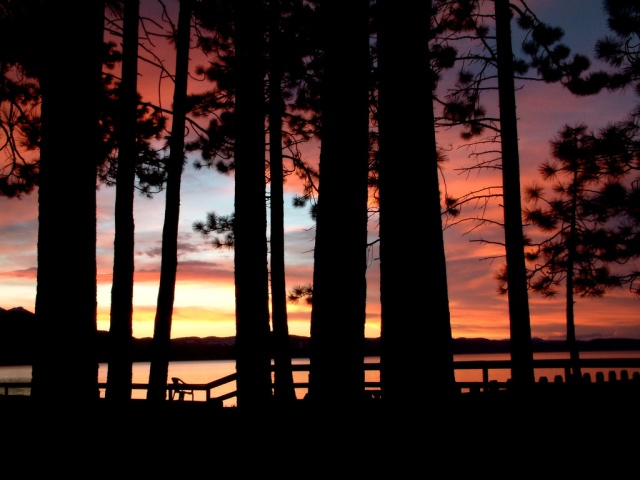The idea of America is often symbolized in a statue- the famous Statue of Liberty, with Emma Lazarus’ famed poetry etched into bronze, a bold rebuke to pompous lands of ancient times that had failed their poor and downtrodden, welcoming them to new shores with the promise of freedom. But, when I was on my way to this country, I did not have a statue in mind, or liberty, for that matter. I came bearing an image of a burning bridge. Long ago, I had been told the story of a king who took his army to battle after burning the bridge that they would need for a quick retreat. The only choice before them was to win or die. My battle was with my own story. There was no going back. My mind reeled with the problems that I had faced, as a student doing a Bachelors degree in Architecture, unwittingly in a long-distance marriage because of an immature mind that did not really know what it wants, and a culture that sees burden in unmarried girls. The same culture would not have been kind to a girl who did not make a marriage work. No, liberty was not on my mind then. It was a bridge that burned down, that brought me to America.
Durham, North Carolina was beautiful. The sky was crimson, and the tall pine trees silhouetted against them looked tremendous, and it was wonderful to be among those trees that looked like they had come out of rendering books. There is something about nature that is medicinal, like a spiritual balm. The husband besides me was kind, and familiar. In a different setting, far away from the homes we had left behind, we slipped slowly into a web of living. We made a home, and even though I had not come looking for it, there was a kind of freedom. After all, many social pressures were left behind. I had to make a marriage work, but what it would look like was left entirely to us. There was freedom from expectations that society puts upon you. In this new land, it was just us. And the absence of a battery of concerned observers, commentators, and experts helped us ease into the demands of marriage.
America was still strange, and would be for many years. My introverted nature would always be an impediment to assimilation. My heart was open to new people and ideas even though I also had strong convictions on many matters. It is strange, but when we rant against cultures that brought us up, we forget that it has left indelible marks on our personality and attitude. I would look down upon certain American ways, but then simply could not resist the awe many other things inspired. One of them was the English language, and TV became my window into language. I spent hours catching up on culture through the screen. Black and white movies on TNT, and old family oriented sitcoms like Full House and Bill Cosby show opened my mind to new kinds of fun and puns. Humor is big in America. The thing about humor is that it requires a level of familiarity to produce the immediate impact that is intended. To laugh like an American would require many forays into the culture and close interactions with the people. Being a stay at home wife, I did not have real-life interactions, but the screen brought a familiarity with the culture. And when I was out in the real world, i watched it like a sitcom, reluctant to participate beyond what was absolutely necessary. I told myself that I enjoyed the anonymity. I was lying to myself. The truth is that I was self-conscious, afraid, nervous. Yes, America was strange and would continue to be so for many years to come.
